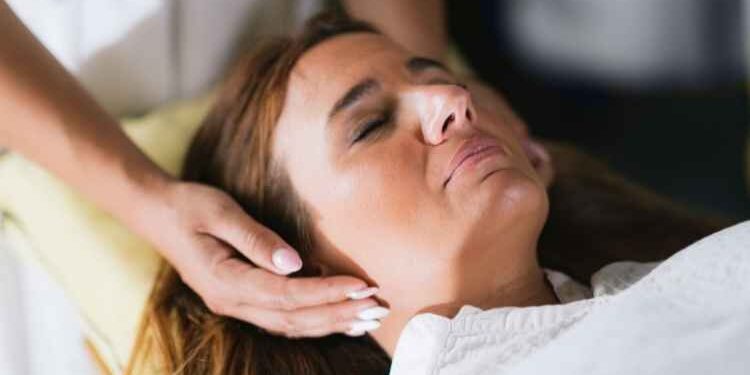An addiction is not something that results from weakness or a lack of character. It’s considered a medical condition – a disease that requires medical treatment and care. To ensure the best results then, medical personnel must learn more about the patient. What has happened in their life that has led to their dependence on drugs or alcohol?
When you get involved in recovery, you will find that the program will give you the resources needed to “wipe the slate clean.” This involves going through detox and getting the necessary counseling. To take these important steps, you need to understand more about the recovery process.
Recovery Center Detox – The Initial Step
Once you enter a recovery center, your journey down a more positive and fulfilling path begins. The first step you’ll need to take is detox. Medical personnel will monitor your care 24/7 to make a withdrawal from alcohol or drugs easier and more comfortable.
You also have access to various kinds of counseling where you can learn how to think differently and interact more positively with others. Doing so will help you avoid those thoughts and behaviors that lead to the habitual use of alcohol and drugs.
An Overview of the 3 Basic Recovery Therapies
Three basic types of therapy are offered in recovery centers in the form of individual counseling, family counseling, and group therapy. All of these “talk” therapies are useful in helping a patient discover more about themselves and learn what triggers lead to drug or alcohol use.
1. Individual or One-on-One Counseling
Individual therapy sessions involve meeting with a trained therapist. The therapy may include setting goals that entail replacing negative thought patterns with positive thinking, facing specific challenges or fears, or altering specific behaviors.
The patient gains insights that help them improve personally through treatments such as cognitive behavioral therapy (CBT). Therapists use one-on-one counseling to give the patient the knowledge needed to avoid a future relapse.
2. Family and Couples Counseling
In some cases, therapists may find it necessary to conduct counseling sessions that involve the patient’s family members or spouse. This can help patients who are dealing with several issues in their household.
Therapy often improves family functioning and leads to increased emotional support. The idea here is to restore family interactions or a couple’s relationship to create a stronger bond overall.
3. Group Therapy Sessions
While individual counseling can be quite insightful, it also helps to receive therapy in the form of group counseling. Doing so can help you see that you’re not alone when it comes to your feelings and reasons for becoming drug or alcohol dependent.
Group therapy is a highly supportive therapy that allows each of the participants to work through their feelings honestly and openly. In turn, each person gains an understanding that allows them to help themselves and other members of the group.
Some groups focus on addressing negative thoughts and behaviors while others are designed to address phobias. Still other groups may help participants overcome situations where anxiety is placing an undue strain on their relationships.
Recover from Your Addiction and Receive a New Lease on Life
The above therapies can help you see life in a whole new light – a light that will give you the insight needed to go forward with a more confident perspective about life.
